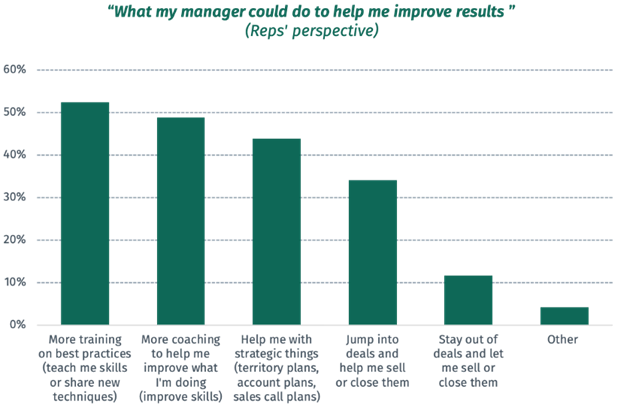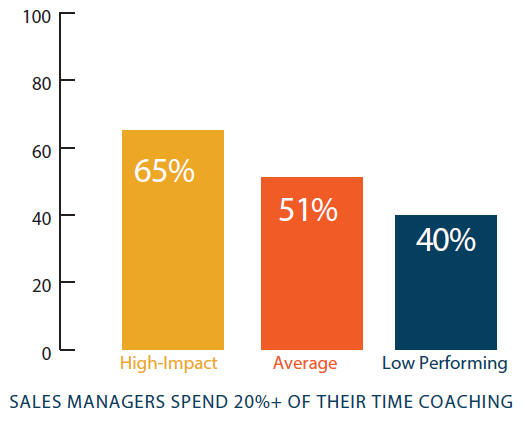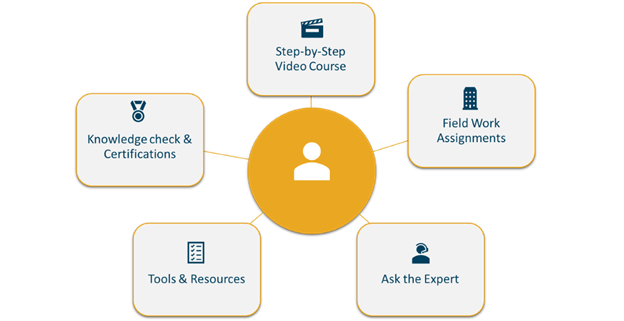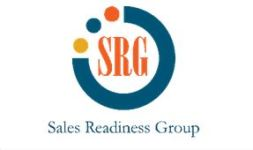I had the opportunity to co-host a webinar about the future of sales coaching with Jake Miller, senior product marketing manager at Allego. As part of the webinar, Jake shared some of Allego’s insights based on a survey the company conducted of nearly 300 sales reps, managers, and enablement leaders about sales coaching. One key takeaway from this survey (see chart below) is that the number 1 ask from sales reps was for more skills-based coaching.

Unfortunately, this ask often goes unanswered because many companies haven’t helped their managers develop the coaching skills required to help sales reps improve how they sell. Instead, they resort to telling (not effective from a learning standpoint) or taking over calls. This shouldn’t come as a surprise, however, since most sales managers are promoted from the sales ranks. As such, they are focused on getting deals closed as opposed to coaching their sales reps on selling skills.
This emphasis on closing deals also speaks to the short-term orientation of many managers and, in many cases, the organizations they work for. While closing business is certainly a priority, the leverage associated with coaching your team on the skills required to close more business themselves is compelling. As an example, if a manager has 10 sales reps carrying an annual sales quota of $1 million each, even a modest improvement in how they sell can improve overall sales volume and profitability.
It is also interesting that in our research with Selling Power (Hallmarks of High-Impact Sales Teams), we found that managers at sales organizations with the highest performing sales teams were nearly three times as likely to participate in a sales coaching program than managers with low performing teams. They also spent significantly more time (see chart below) coaching their reps. Unfortunately, we also discovered that most managers receive no training on coaching.

While the business case for sales training is compelling, getting started isn’t that easy. Most sales managers have numerous competing priorities and typically find themselves overwhelmed responding to their day-to-day responsibilities. As such, they often take on the role of chief problem solver as opposed to sales enabler. Again, this focus on the urgent ends up shortchanging the overall development of the sales team.
In our book The High-Impact Sales Manager, we refer to this paradigm as the sales manager time-trap and note in the introduction that the commitment required to manage, coach, and lead a team will require time and effort. The impact of making this investment (time and money), however, is significant because it allows managers to lead, coach, and inspire rather than tell and take over.
From a learning and development standpoint, this transition from chief problem solver to sales enabler can be achieved much more efficiently through sales enablement systems that support video-based microlearning, skill application exercises, and performance support tools.

While it still takes time to develop new skills, the ability to chunk the learning and apply skills in real time makes this journey much more manageable. And although being too busy to take on a sales coaching program is still the norm in most organizations, I argue that this is more a symptom of prioritization as opposed to a valid reason not to move forward.
Ultimately, sales coaching is the number 1 ask by sales reps and the best way for managers to develop and encourage sustainable selling skills improvement across their teams.
You've Reached ATD Member-only Content
Become an ATD member to continue
Already a member?Sign In


